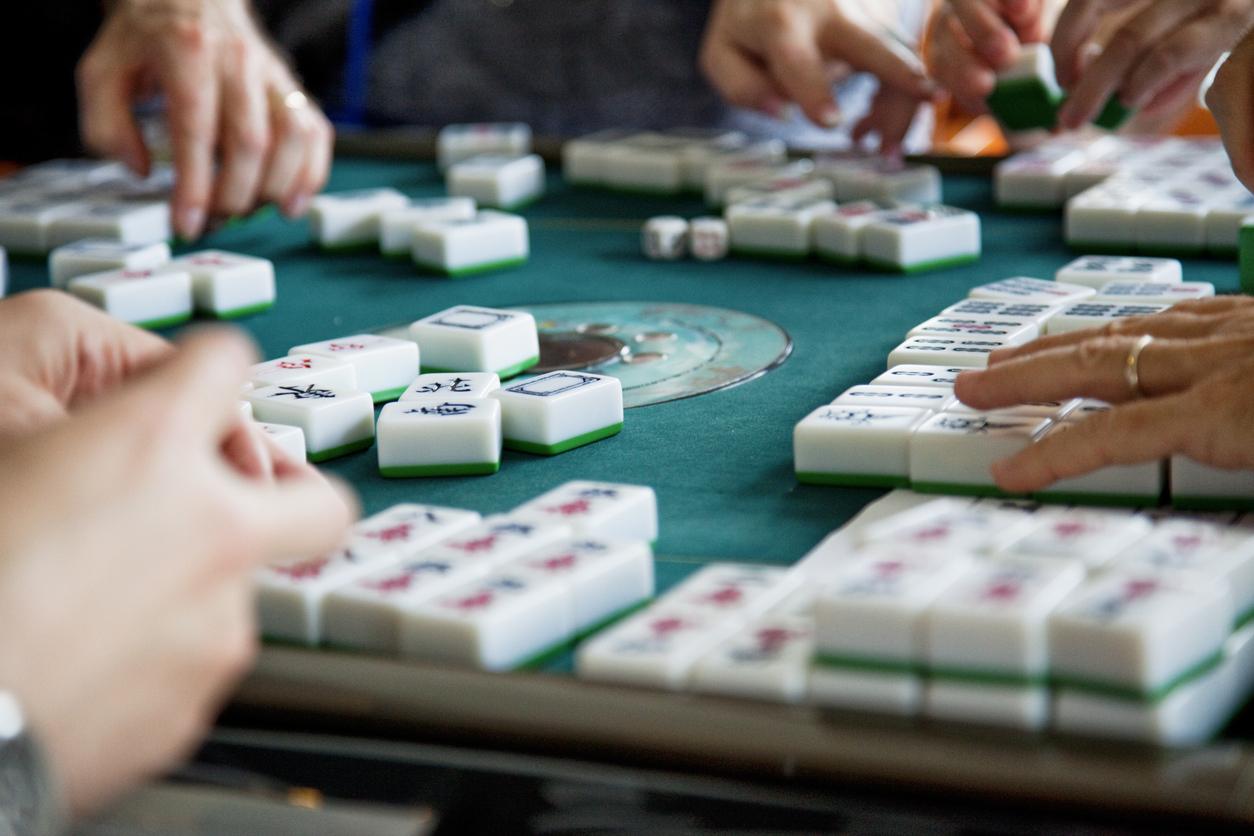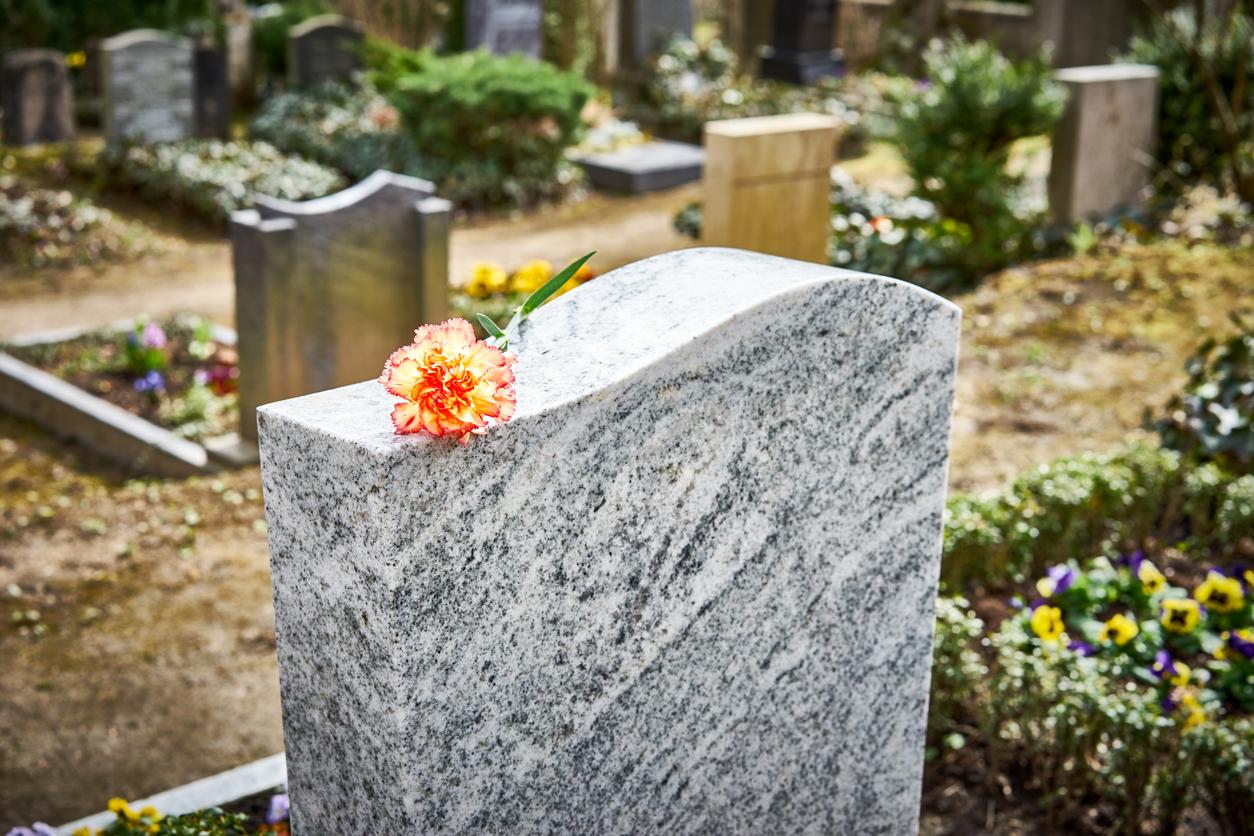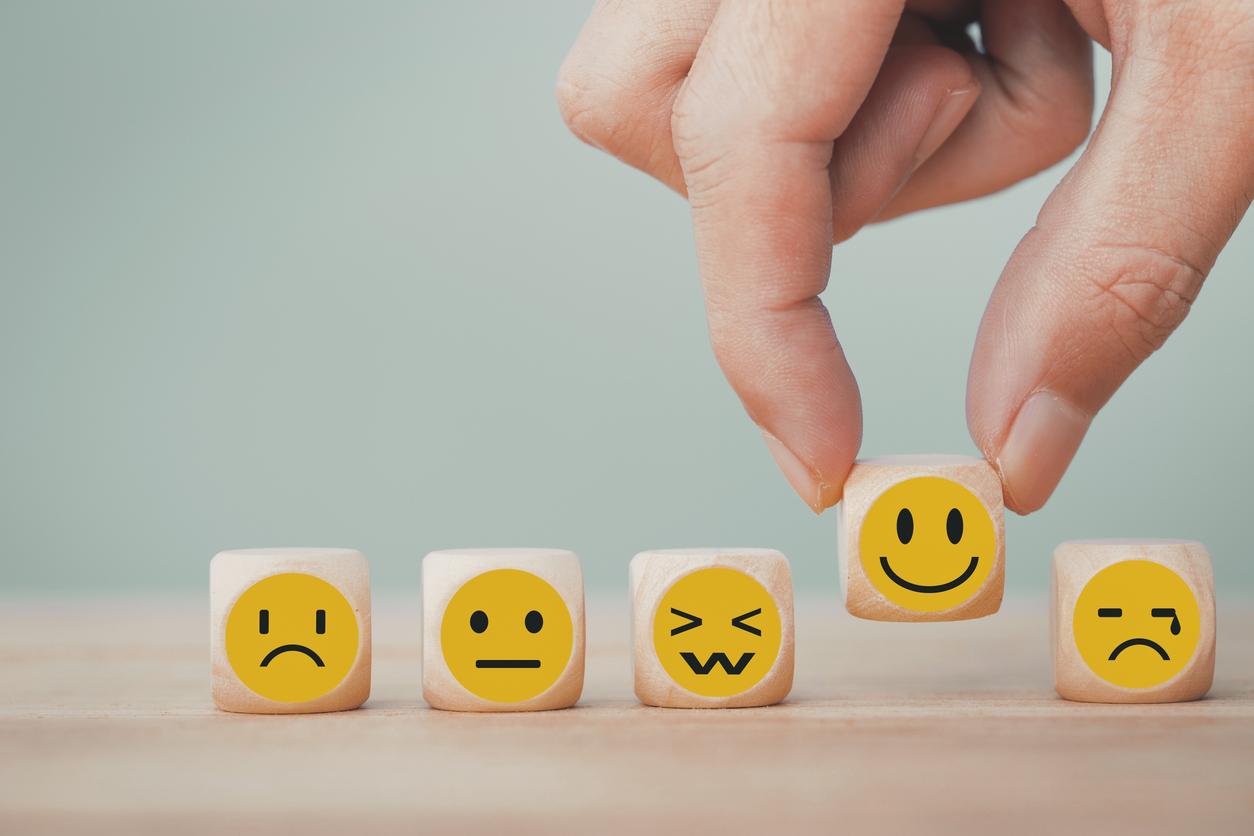When trying to remember the first memory, the human tends to date it incorrectly and to estimate it later than the moment when it took place.

- As we age, we tend to push back the date of occurrence of our first memories.
- This is the telescope effect: the further away a memory is, the closer the telescope effect makes you see it.
It is often complicated to date one’s first memory exactly and to bring back precise details. This is quite normal according to the conclusions of a new study published on May 6 in the journal Memory. “When the first memory occurs, it is a moving target rather than just a static memory”, assures Carole Peterson, expert in infantile amnesia at the Canadian Memorial University of Newfoundland and principal author. With her team of researchers, she estimates that on average the first memories people remember date back to the age of two and a half.
The first badly dated memories
The researchers assure that “people remember a lot of things from the age of two, without realizing it”. When you ask someone about their earliest memories, they are not going to provide a boundary or a time before which there are no memories. “Rather, there seems to be a pool of potential memories that adults and children sample”, advances Carole Peterson.
According to the study, there are two reasons for this. “First, it’s very easy to get people to remember past facts simply by asking them what their first memory is and then asking them a few more. Then they begin to recall even older memoriesnoted the researcher. Second, we have documented that these earliest memories are consistently misdated. Again and again we find that people think they were older than they actually were in their earliest memories..”
Growing up, we move the memories
For the research, the scientists reviewed ten papers by Carole Peterson who has conducted memory studies for more than 20 years, with a particular focus on the ability of children and adults to remember in their early years. They also analyzed published and unpublished data collected in Dr. Peterson’s lab since 1999. In total, this included 992 participants and the memories of 697 of them were compared to those of their parents.
The results revealed that the children’s earliest memories predate when they think it happened. In one of the studies studied, participants had to report the same memory two and eight years apart. Interviews showed that over time, volunteers gave older ages as to when they occurred. “Eight years later, many thought they were a whole year older. Thus, children, as they grow older, continue to move until the age they thought they were at the time of these first memories.”, says Dr. Peterson.
The telescope effect
For the researcher, this discrepancy is the result of the “telescope” effect in the dating of memory. “When you look at things that happened a long time ago, it’s like looking through a lensshe describes. The further away a memory is, the closer the telescopic effect makes you see it. It turns out that people put forward their first memory occurring when they are between one year old and about three and a half years old. But we found that when the child or the adult remembers events from the age of four, it doesn’t happen.”
To go further, Carole Peterson wishes to have external dates confirmed or documented independently to compare them with the memories of the people who participate in her studies. “This would prevent telescoping errors and potential dating errors by parents”, she concludes.
.

















